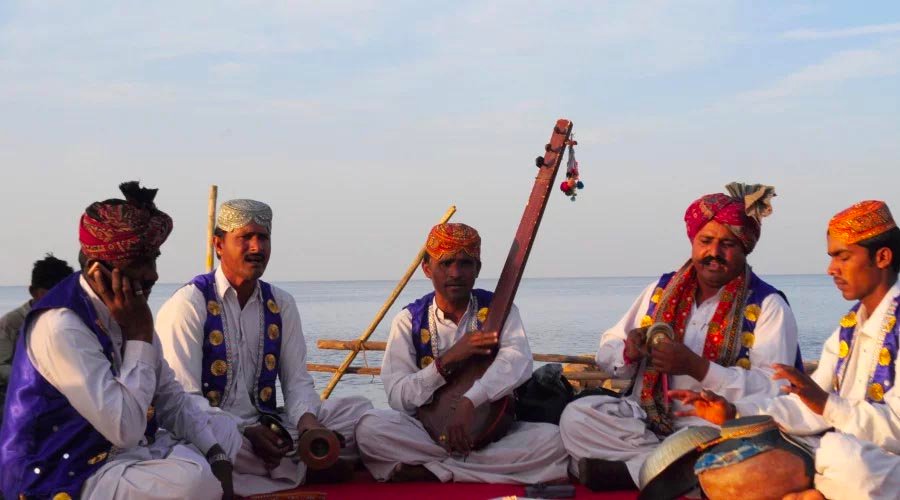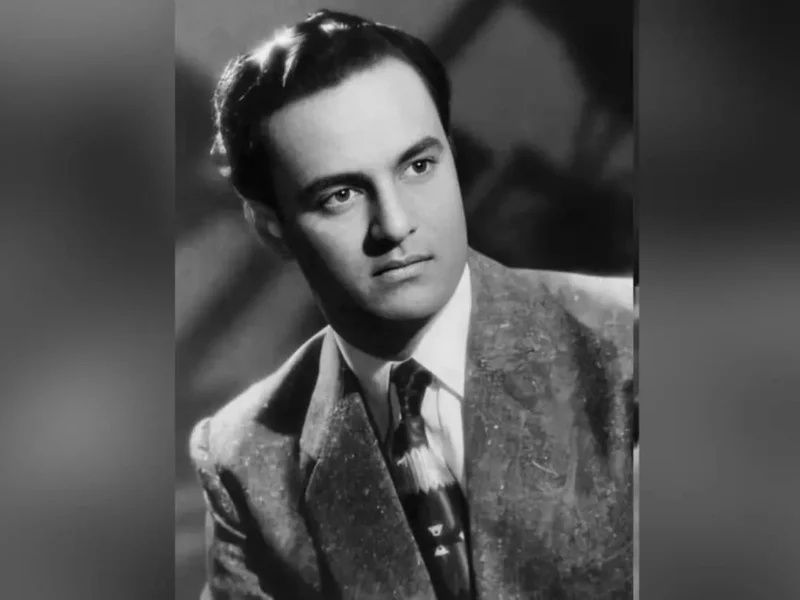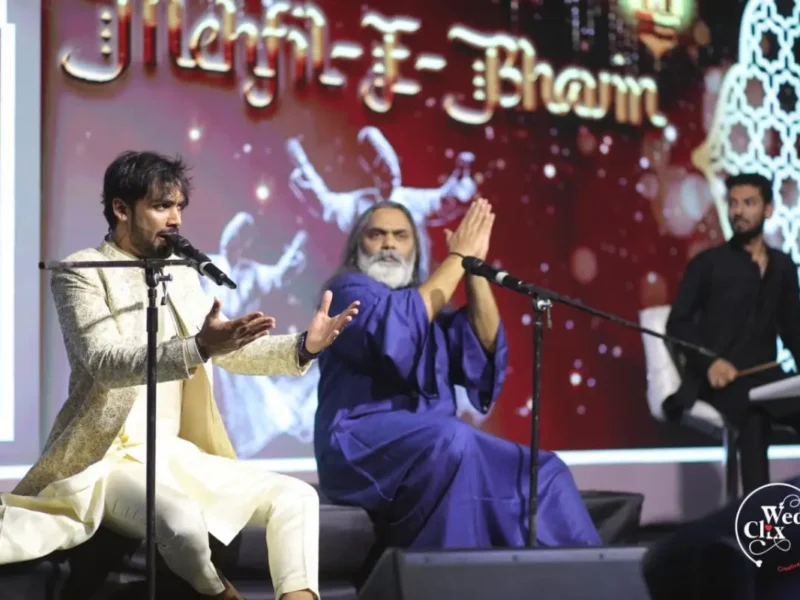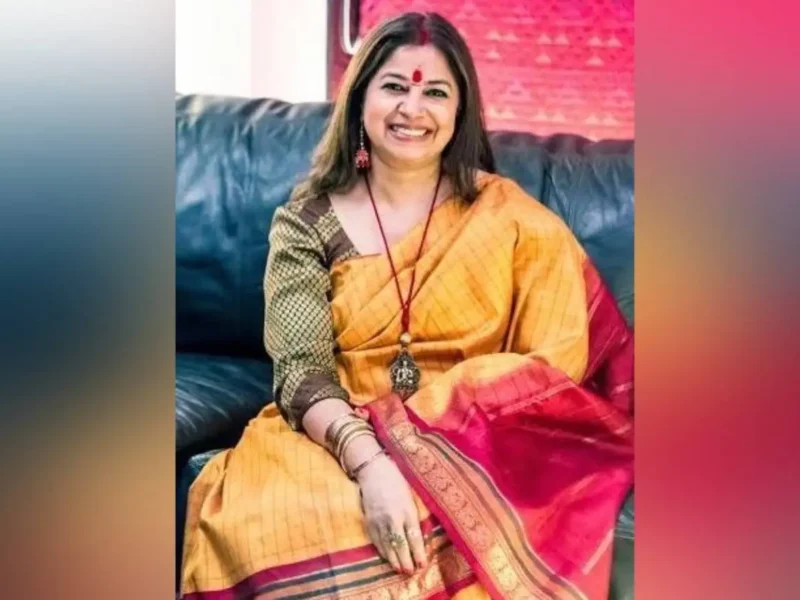
Mirasis Of Punjab Struggle To Keep Art Alive
CHANDIGARH (ANI) – The Mirasis, a syncretic community of entertainers and artists, have been the torchbearers of Punjab’s ancient folk traditions, particularly folk theatre, for centuries.
The community is a captivating fusion of Hindu, Muslim, and Sikh influences. Among their illustrious figures, one stands out, Bhai Mardana, the minstrel who accompanied Guru Nanak on his spiritual journey.
These multi-talented artists, encompassing sub-genres like Naqqals and Bhands, possess a remarkable array of skills – they sing, play music, act, mimic, dance, tell stories, and induce laughter with their comedy.
For every significant event, be it joyous or somber, the Mirasis would perform, captivating their patrons and the public alike.
Hardial Singh Thuhi, a prolific writer on this subject, said “In villages, these folk entertainers were an integral part of daily life. Every village supported a few Bhand and Naqqal families, who not only entertained people every evening but would also distribute invites for joyous or sad occasions, besides doing odd jobs. The villagers would pay them in kind every harvest season. Many royal families also provided patronage to Mirasis.”
However, as India gained independence and embarked on a path of industrialization and agrarian modernization, the Mirasis found themselves marginalized.
This marked the beginning of their gradual decline. The advent of the Green Revolution sounded the death knell for the Mirasis. “Prosperity brought self-dependence. Many artisans like potters, ironsmiths, and carpenters suffered because of mechanization. Mirasis were the worst affected,” Thuhi stated.
However, despite all the hardships, the Mirasis’ exceptional singing talents have not been extinguished. Many renowned qawwals and folk singers, including the Wadali brothers, Ustad Puran Shah Koti, and Koti’s son Master Saleem, all hail from this community.
However, the rise of cinema and television has further eroded their audience, leaving their art in a precarious state. Folk musician Desraj Lachkani, famous for his ‘Jugni’ in the film ‘Oye Lucky! Lucky Oye!’, bears witness to this shift. Despite the awards and fame, prosperity has eluded him. His grandson, Armaan, reflects on their struggles, saying, “The audiences are not keen to listen to stories of old times.”
Armaan, a graduate who tried other jobs, had to return to his family’s legacy. “There has been no work for four months,” he said, describing his current employment as a daily wager at a fruit shop.




